detail profile adam kamie c5 84
Peran Yang Di Mainkan Adam Kamień
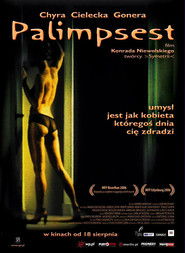 Marek the main character of Palimpsest...
Marek the main character of Palimpsest...Palimpsest 2006
Marek, the main character of "Palimpsest," is a police inspector, a man on the verge of psychological disintegration trying to solve an intricate case. The story is told on two planes. The first one is a crime story, which constitutes the framework of the film. In the course of events, another theme appears - psychological experiences of the main character. Vivid blend of picture with sound and music will draw the audience into the deepest recesses of Marek's mind, making the viewers face questions: What is reality and what is only an illusion? Where is the borderline between the real world and our perception of it? What makes suffering meaningful and what is really important in one's life"?
 A reporter and his son film...
A reporter and his son film...Sto minut wakacji 2001
A reporter and his son film a popular actress spending vacation with her daughter.
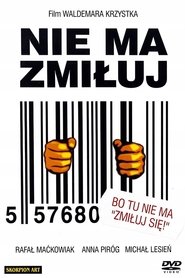 The films heroes work in a...
The films heroes work in a...Nie ma zmiłuj 2000
The film's heroes work in a company that distributes branded French wines. They are a group of friends, but their feelings are exposed to new attempts. Because in the world of salesmen there is no room for sentiments. Only sales counts, and everything can be anything. Piotr accidentally meets Irek, his school friend. Thanks to him, he gets a salesman job in Vinneka. She moves from a dilapidated bicycle to a company car, begins to succeed and falls in love with Monica, an ambitious salesmate who makes an instant career from the hostess to the head of the sales department. Young people soon realize that it's not easy to reconcile love with a career ...
 Jerzy Stuhr scripted directed and plays...
Jerzy Stuhr scripted directed and plays...Love Stories 1997
Jerzy Stuhr scripted, directed and plays four roles in this Polish comedy about four men -- an army officer, a college instructor, a priest, and a drug dealer -- and their relationships with four females. An attractive student puts the teacher in an awkward spot when she reveals her love for him. An 11-year-old informs the priest that she's his daughter. The army officer is pleased when confronted by a past lover. The drug dealer, taken prisoner, must decide whether or not to trust his wife with his hidden loot. In the wrap-up, the elderly accountant passes judgment on all four men. Stuhr acted in films by the late Krzysztof Kieslowski, who had some input here by offering advice to Stuhr on this screenplay.
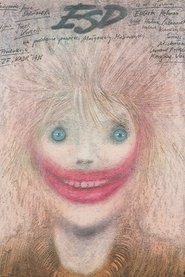 The Borejko family has four daughters...
The Borejko family has four daughters...ESD 1987
The Borejko family has four daughters - Gabriela, Ida, Natalia and Patricia. Most concern causes the red-haired Ida, whose unusual ideas often end badly, though the girl has the best intentions. Her father, who works at the university as a classical philologist, gives her the idea to found a group called ESD. They want to try out the theory that you are more successful if you send out more positive signals to the environment. Soon this theory will be put to the test. Ida's mother has to go to the hospital and the entire burden of household chores falls on the children.
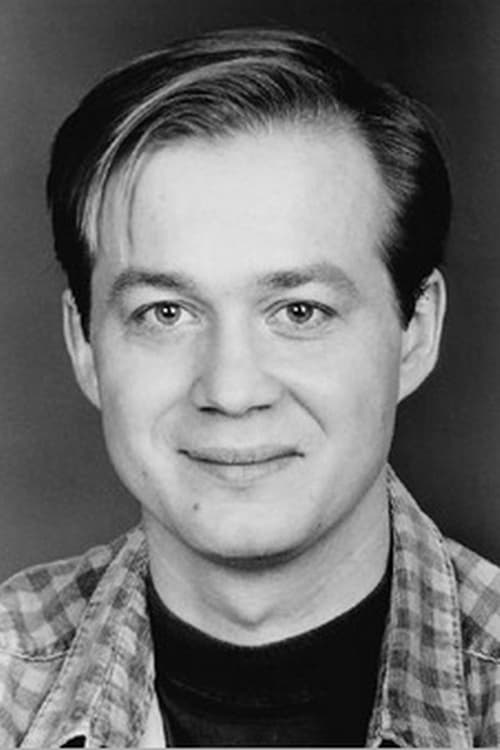
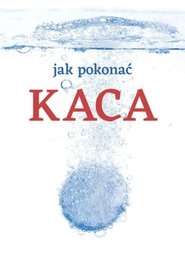 The Tiger a fortyyearold film director...
The Tiger a fortyyearold film director...
 Boris a teenager is arrested by...
Boris a teenager is arrested by...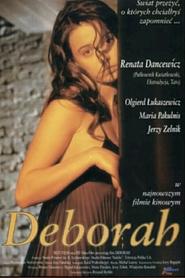 In a small Polish town in...
In a small Polish town in...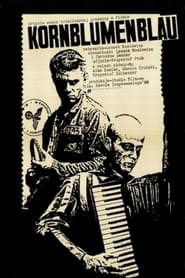 Based on a true story of...
Based on a true story of...